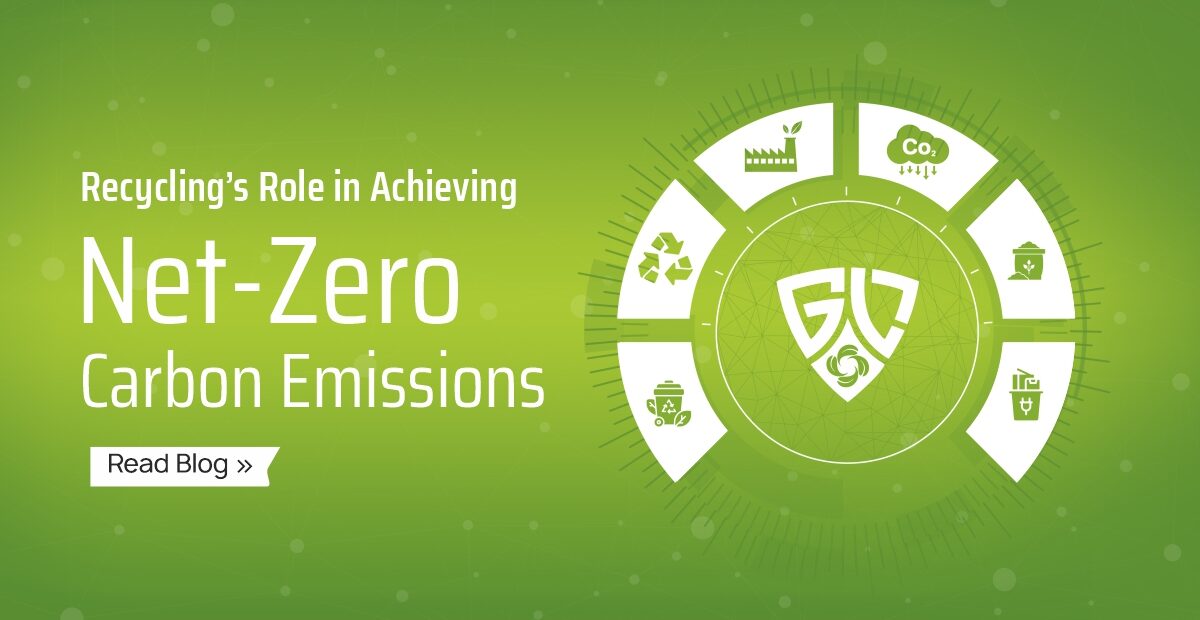
As businesses worldwide accelerate their journey toward net-zero carbon emissions, recycling emerges as a crucial yet often undervalued component of carbon reduction strategies. While renewable energy and energy efficiency typically dominate net-zero discussions, the impact of strategic recycling on carbon emissions extends far beyond waste reduction, offering a powerful tool in the quest for carbon neutrality.
The mathematics of recycling in carbon reduction is compelling. Every ton of waste diverted from landfills through recycling represents not just avoided methane emissions, but also reduced energy consumption in raw material extraction and processing. For instance, recycling aluminium saves up to 95% of the energy required to produce new aluminium from raw materials – a significant factor in any company’s carbon equation.
Modern recycling goes beyond traditional materials. In the digital age, e-waste recycling has become particularly crucial for businesses pursuing net-zero goals. Each electronic device recycled prevents the release of greenhouse gases associated with both landfill disposal and the energy-intensive production of new devices. Through professional e-waste management, businesses can simultaneously protect sensitive data and contribute to their carbon reduction targets.
At Green Land Recycling, we’re witnessing a transformation in how UAE businesses approach recycling as part of their net-zero strategies. Our comprehensive recycling solutions, from organic waste processing to specialized material handling, are designed to maximize carbon emission reductions while simplifying the path to sustainability for businesses. By integrating advanced recycling practices into their operations, companies are discovering that waste reduction and carbon neutrality goals can align perfectly.
The journey to net-zero requires a holistic approach, and recycling serves as a cornerstone of effective carbon reduction strategies. Each recycling initiative, whether focused on textiles, electronics, or organic materials, contributes to the larger goal of carbon neutrality. When businesses embrace comprehensive recycling programs, they’re not just managing waste – they’re actively building a pathway to a carbon-neutral future where sustainability and profitability coexist harmoniously.


